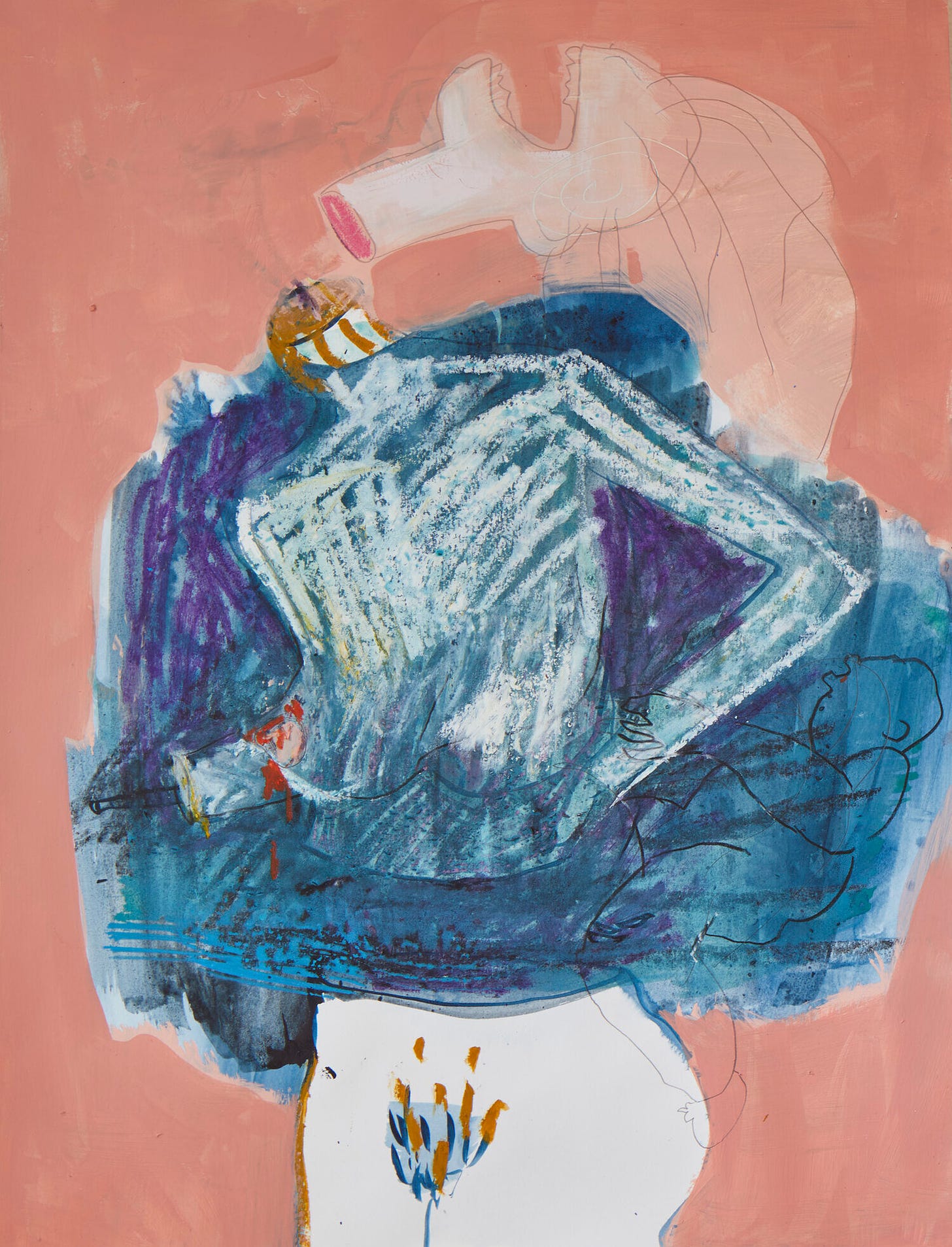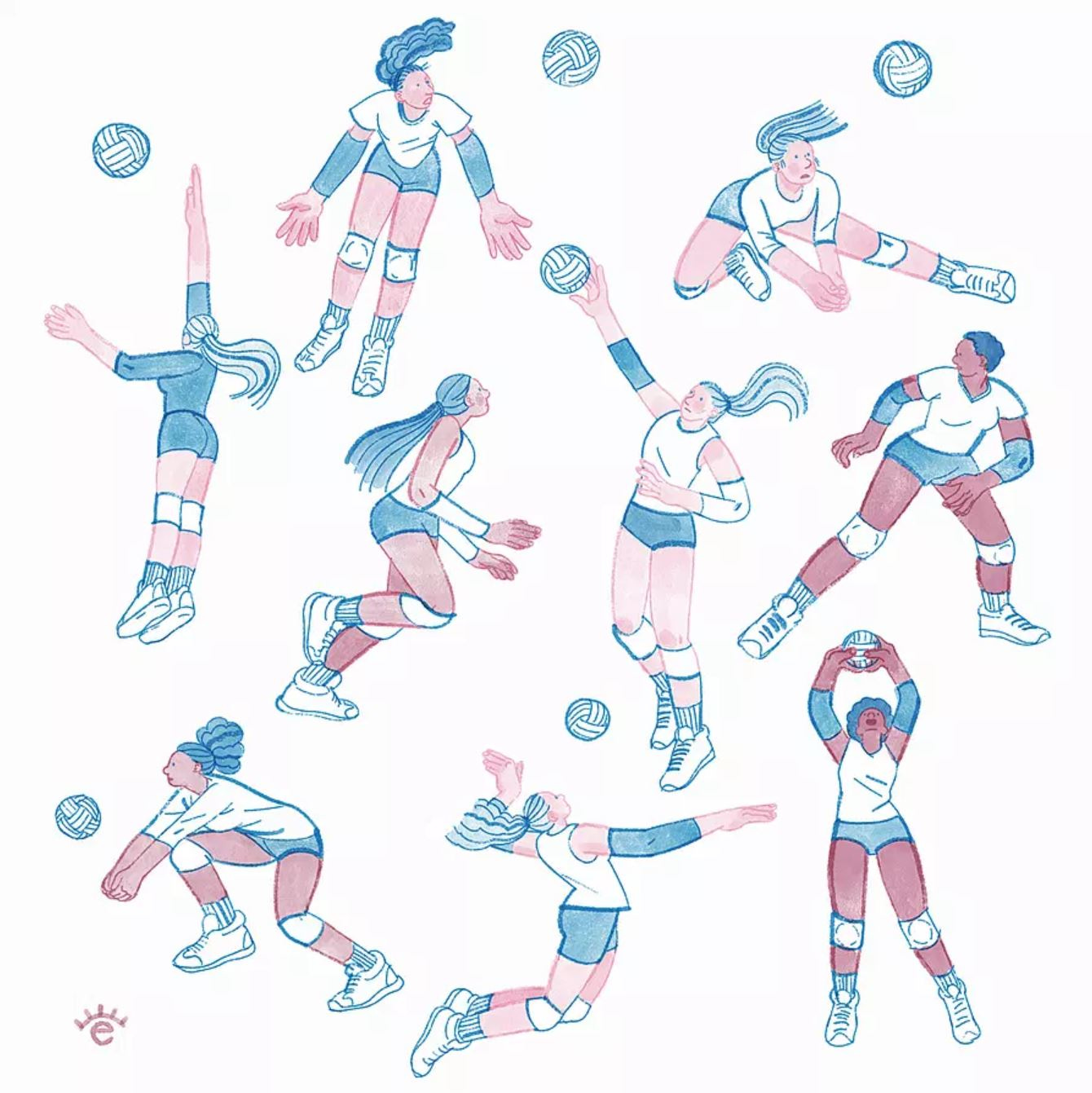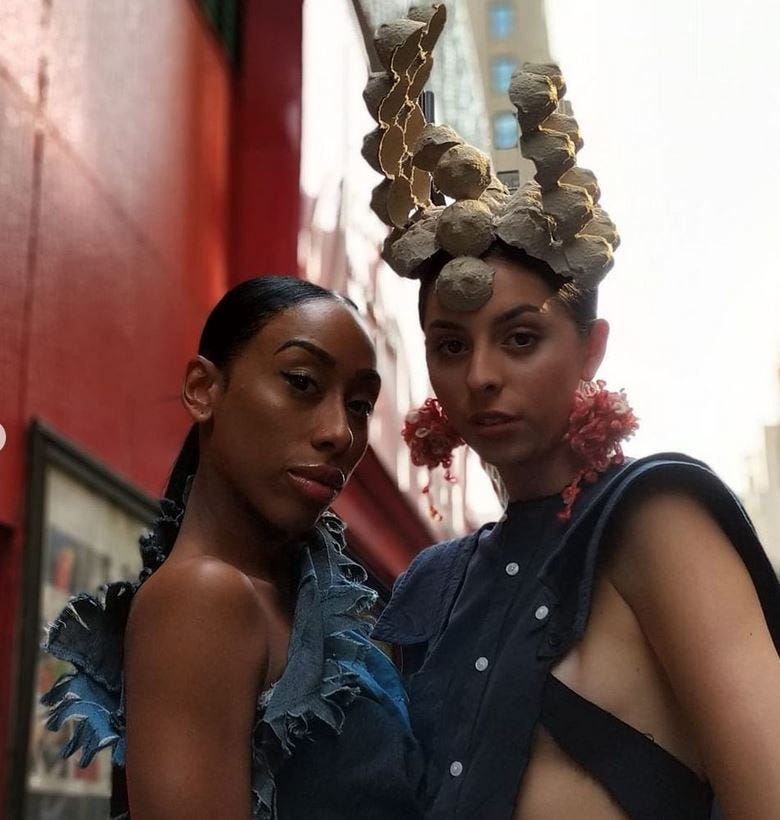This week I set up my sewing machine, which I’d been meaning to do for almost a year, to make some bags out of old pajama-pant legs, an idea I had in September. I also threw away my (literal, metaphorical) shame garbage can, the result of a project I tried and failed to start fifteen months ago. Relatively speaking, then, not having written a newsletter since February doesn’t seem like such a long time after all, a comparison that has, perhaps ironically, allowed me to (finally) get back to you all.
To apologize for not writing sooner is an epistolary convention I find both irksome and endearing. I hope you’re experiencing less of the former, more of the latter.
[Throat-clearing: check.]
The Duwamish Tribe is seeking federal recognition. You can sign and share their petition here.
“Let us take a moment and acknowledge that this land was not stolen from the people whose language, culture, and religion was born of it; let us acknowledge that the people were stolen from this land. The people who celebrate this land with song, dance, ceremony; people who do not commodify and commercialize trees and water or call it resource. Here we pause to acknowledge that the land itself is rarely acknowledged.” -CMarie Fuhrman (read the full poem)
Art from the Chicks’ single “Gaslighter” (listen on Spotify or SoundCloud).
“Pay more attention to how you create wealth—rather than just paying attention to how to give it away, or [how to] use it to buy things.” —Jenny Price, who also says that climate change is “really the only major global crisis that we assume you can solve from your kitchen.”
Speaking of kitchens:
There is a holiday next week. Many people celebrate it by eating a special meal. It’s Thanksgiving time again, so even though I’ve applauded this interview previously, it’s even more relevant right now to read this conversation between Anne Helen Petersen and food & gender scholar Emily Contois about nonlinear academic careers, about how dieting is marketed to men, and about who prepares and manages holiday festivities (hint: the womenfolk), often providing abundance for others while abstaining in some way themselves.
Perhaps you have figured out how to relish, with no qualms or restriction, all the wonderful food that accompanies the various celebrations in the next month and a half. If so, you can probably scroll to the next section.
And if not, it’s okay: in the context of diet culture, it is very normal to feel nervous, anxious, sad, worried, or even secretly angry about all the upcoming food decisions you will have to make in situations that seem unruly—parties, buffets, cookie exchanges, big dinners, etc.
“Diet culture” is a way to describe how we venerate thinness and conflate it with health and virtue. It also refers to our (American, particularly white) society’s preoccupation with weight loss or suppression at all costs, despite years of scientific evidence that dieting causes weight gain over time for 95% of people.
When I use the word “diet” as a verb, it’s an expansive term that applies to almost all forms of dietary restriction—counting macros, doing cleanses, eliminating carbs or sugar, juicing, intermittent fasting… the list goes on. This does not include hunger strikes, avoiding what one is allergic to, or religious practices such as not eating pork. It does not have to include veganism or vegetarianism, but it can: Virginia Sole-Smith’s article “How the Eco-Food Movement Mass-Markets Eating Disorders” is illuminating in this regard.
Quartz has an excellent guide to the contemporary language of diet culture that’s worth browsing because one of the more recent and insidious rhetorical moves in the so-called wellness industry was to stop talking directly about trying to make people skinnier and instead mask that goal with language about purification and ‘health’ (e.g. words like ‘detox.’)
So, again, in the context of diet culture, or rather, an unrelenting pressure to monitor what you eat and to deprive yourself, it can understandably seem like there’s no way to make it through the holidays unscathed. And yet I hope that no matter how deep you might find yourself in the diet hole, whether acknowledged or unexamined, that you can see a glint of hope in what I’m about to say: it is possible to eat what tastes good without fear. Your appetite does not need to be reined in. It deserves to be honored.
And your body, well. It is incredible. And it’s not as malleable as you’ve been led to believe. Or rather, it can change in so many ways, but you are not really the sculptor. This can be scary, at first, to let go of a long-held illusion and look for some other organizing principle. But then it’s liberating.
So maybe, just maybe, give yourself more permssion to eat the good stuff during this holiday season without anticipating the penance you’ll do come January.
And if you want to know more, take a look at the Intuitive Eater’s Holiday Bill of Rights.
Receive the next Bombazine in your inbox (if you want to) by clicking this button:
A painting called “Cackle” by Christine Garvey.
I wrote an essay about why Ulta Beauty stores make me feel weird—specifically, realizing that I “have not reconciled my obsession with my appearance with my hunch that such vanity disenfranchises me.” If you’re a woman, if you’ve ever tried to buy make-up, or if you have even considered trying a new shampoo, gender aside, you know something about these feelings. Read “All That Glitters Is Not Gold (And Probably Sheds Microplastics” on Mangoprism.
Illustration by Ericka Lugo.
Sometimes people ask when I’m going to “write the volleyball essay.” Part of me says it’s not an essay, it’s a book, so in the meantime I’ll punt and show you someone else’s [incredible] volleyball essay: “12 Ways of Looking at Allison Lawrence” (head volleyball coach at the University of Montana) in the style of “Thirteen Ways of Looking at Greg Maddux” (the renowned baseball pitcher).
Earlier this year I was thumbing through the sports section of a newspaper and saw a very short article about Becky Hammon being the first woman to serve as an NBA head coach. After a little thunderstorm of reactions—some indignation (why isn’t this headline on the goddamn front page), the specific flutter I feel when women do unprecedented things, and some surprise tinged with cynicism (took you long enough, NBA, which really should be the MNBA so the WNBA doesn’t sound so much like an afterthought…)—after all that, I actually read the article and learned that this news was major and minor at the same time. Hammon is an assistant coach for the San Antonio Spurs; she stepped in to coach a game when the (male) head coach was ejected.
Afterward, Hammon said, “Obviously, it’s a big deal. It’s a substantial moment.” And then one of Hammon’s good friends, Utah Jazz player Rudy Gay, said, “I look forward to the day where none of this is news.” Hammon and Gay are both right. It’s a big deal; someday, hopefully, it won’t be. A substantial moment indeed—one that could have happened sooner than December 2020.
Reading about Becky Hammon’s playing and coaching careers is a way of watching history unfold. While I can’t wait for the upcoming chapters, I’m also thinking about how whenever someone of a marginalized identity becomes the first from that group to accomplish a certain thing, it’s because members of the majority group granted them access. This is not to discredit firsts across history or to negate the power of asking for forgiveness instead of permission. Rather, Becky Hammon is phenomenal in her own right, and she’s surrounded by people, predominantly men, who are letting her in. Slowly.
Outfits from this year’s Sustainable Fashion Week; rightside design by Sayoko Creations.
Sometimes you just have to don an egg-carton crown and watch the music video for Bomba Estéreo’s “Soy Yo.”
‘Wear more headpieces’—now that’s a new year’s resoultion I can get behind.






